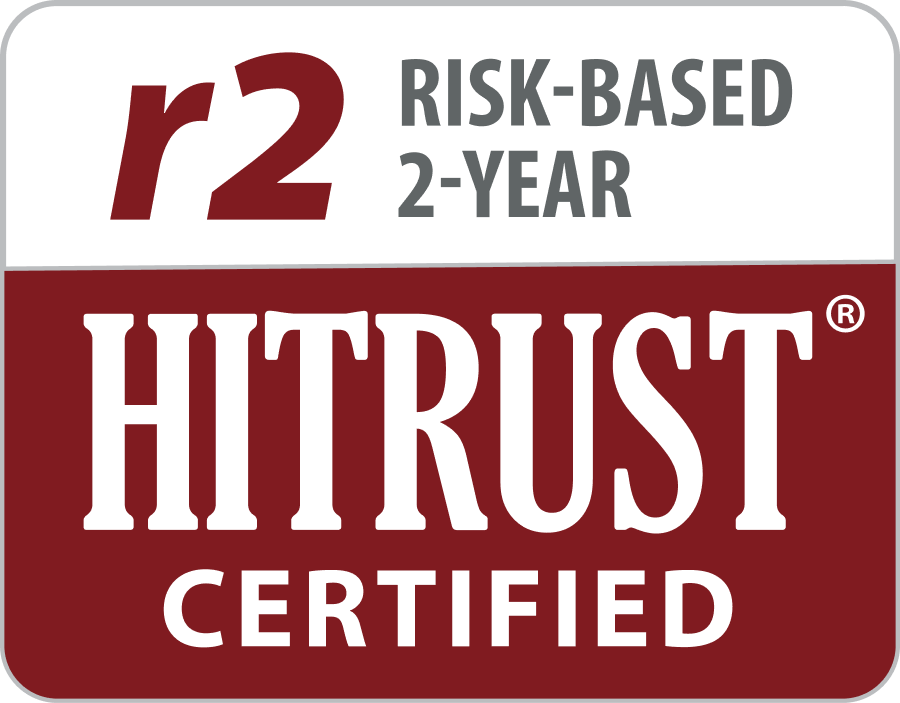On July 27, 2023, CMS released the HPMS memorandum “Announcement of the Part D Formulary and Benefit Administration Validation Audit” which will impact Medicare Advantage Prescription Drug Plans.
The CMS training is presented by the Medicare Part C and D Oversight and Enforcement Group, Division of Audit Operations. It’s focused on Formulary Administration (FA) due to its technical nature. The CMS training video is available here.
Steps to Develop an FA Validation Approach
The plan sponsor and Independent Validation Auditor (IVA) should meet to discuss the following key areas:
- Root Cause & Impact Analysis Report. Validation targeting criteria must be specific to the root cause found in the original program audit
- Testing Criteria. The testing criteria must test the original issue found. The development of the validation approach criteria involves both the IVA and the plan sponsor
- Optional Alternative Approach. There may be situations when an alternative approach must be used to validate correction. In all instances, the plan sponsor and the validation lead should discuss alternative approaches for the FA validation work plan. Alternative approaches should include test claims when possible. If samples do not meet all testing criteria, it may result in the IVA having to select and test new samples. The CMS training shares some examples of alternative approach scenarios to enhance understanding.
FA Universes
FA universes requested during the CMS program audit are:
- Rejected claims formulary administration
- Rejected claims transition
- Prescription drug event
- New enrollee
Any of these FA universes may be subject to the validation audit process, but the universe requested must be based on the nature of the root cause and include current and relevant time periods. Additionally, the CMS-approved formulary is a required resource as part of the validation audit process. The CMS training provides five examples of universe and sample selection criteria to increase understanding.
CMS Additional Tips
- Requests for Data. The IVA should minimize additional requests for data from the plan sponsor to ensure the validation audit is conducted independently by the IVA. For example, the universe requests should be comprehensive of all claims and unfiltered.
- Quantity Limits Issues. For quantity limits issues, the IVA should target rejected claims within a sponsor’s formulary quantity limit. Otherwise, the rejections for exceeding a sponsor’s quantity limits would be considered appropriate.
- Extended Day Supply Issues. CMS highly recommends that for extended-day supply issues, there should be validation audit testing with a 90-day supply
Validation Audit Reports
- CMS determines whether the audit sample results in the validation audit report meet criteria for the audit conditions to be considered corrected, and for the audit to be closed
- Deviations in the original validation approach must be documented in the validation audit report, including the rationale for the deviation
ATTAC Consulting Group is a top Medicare Independent Validation Auditor selected by leading Medicare Advantage and Part D plans across the nation. Contact us about how we can assist your organization to develop a custom audit plan, file it with CMS and efficiently guide you through the Independent Auditor Validation process.

